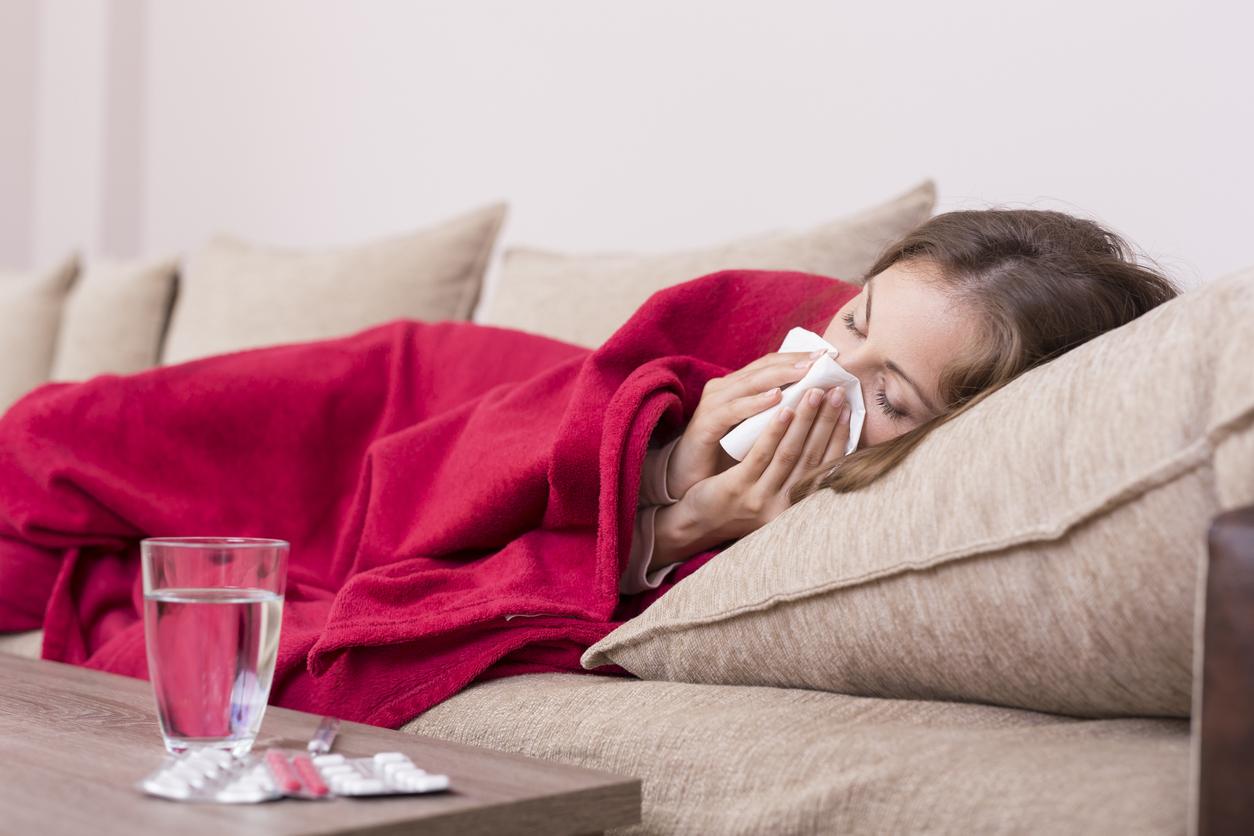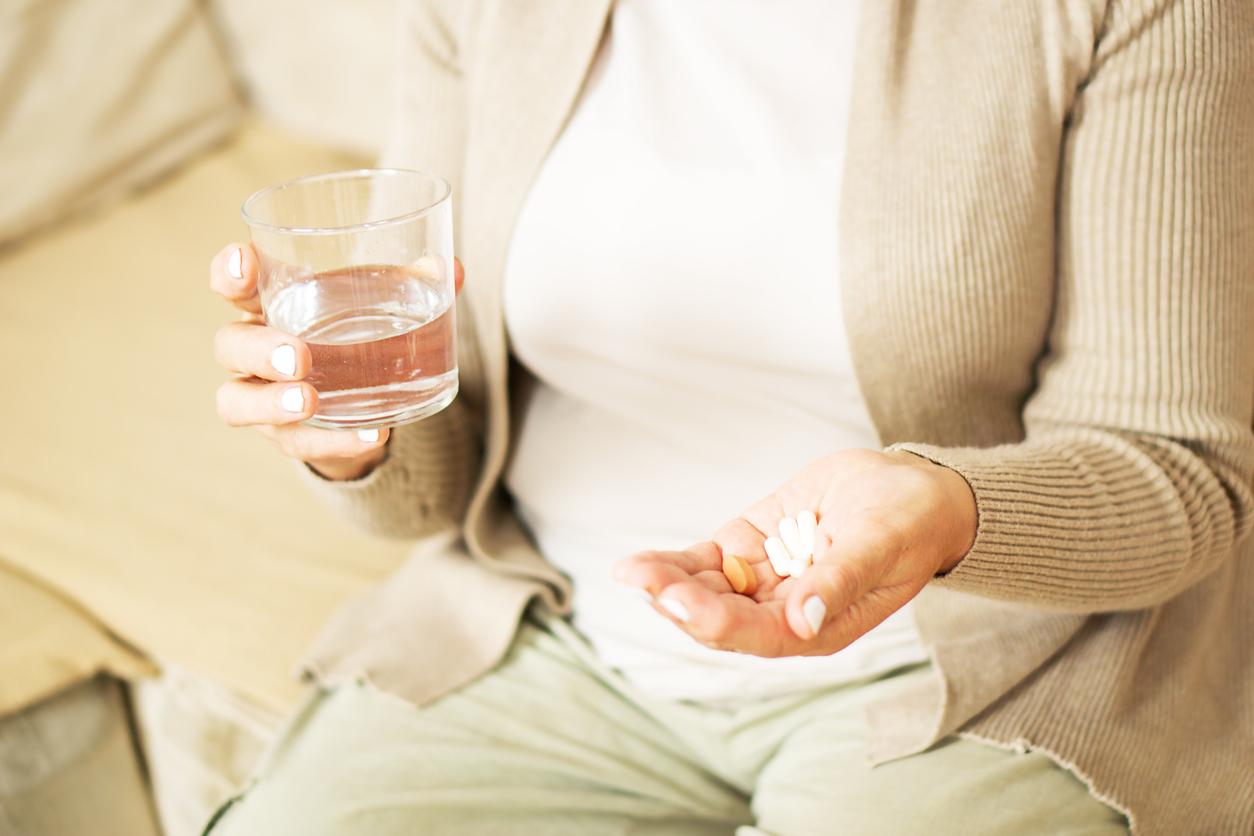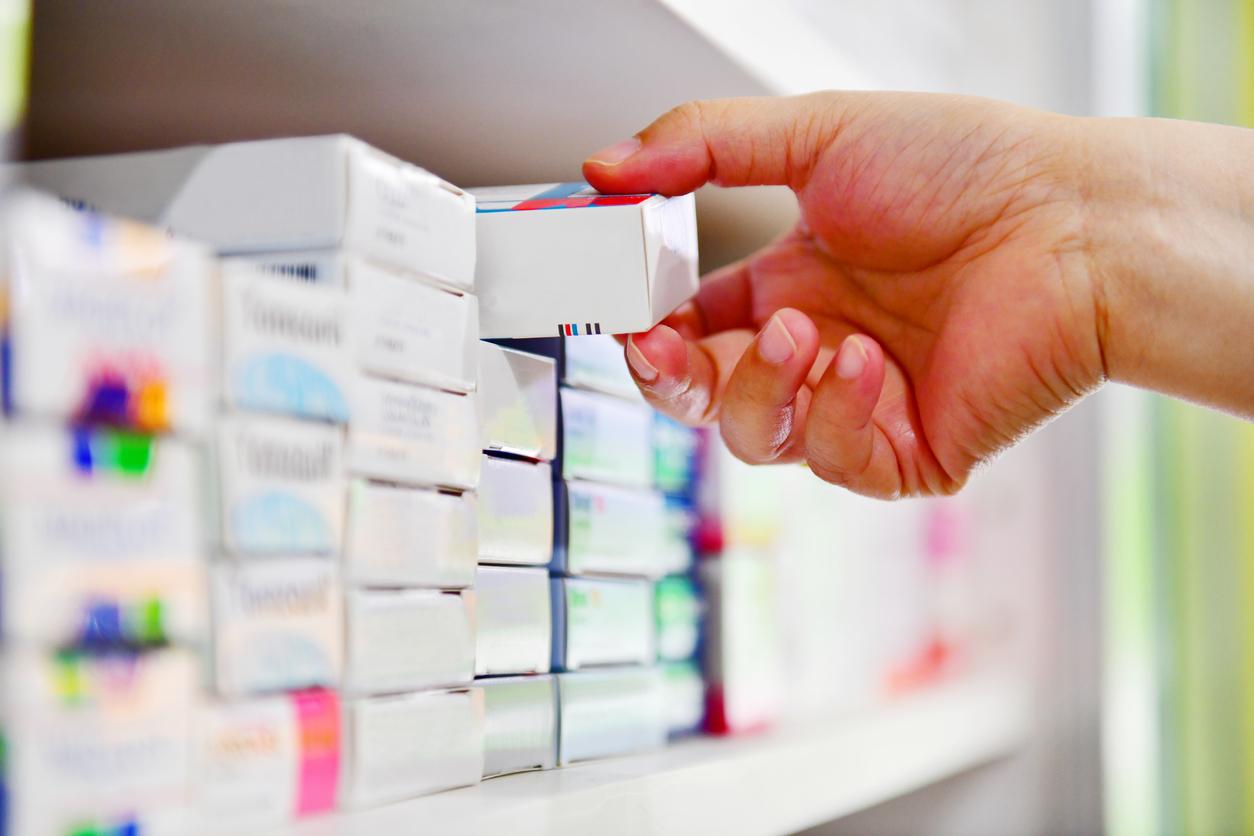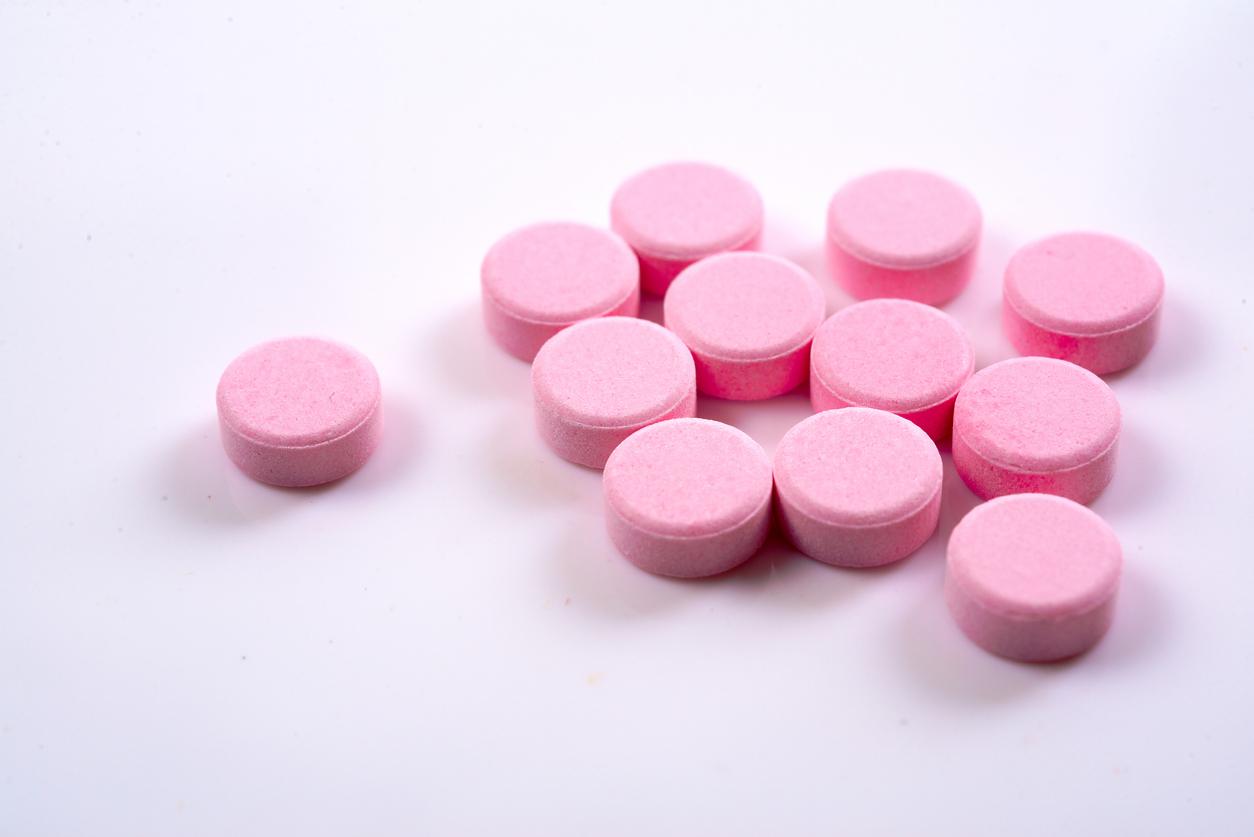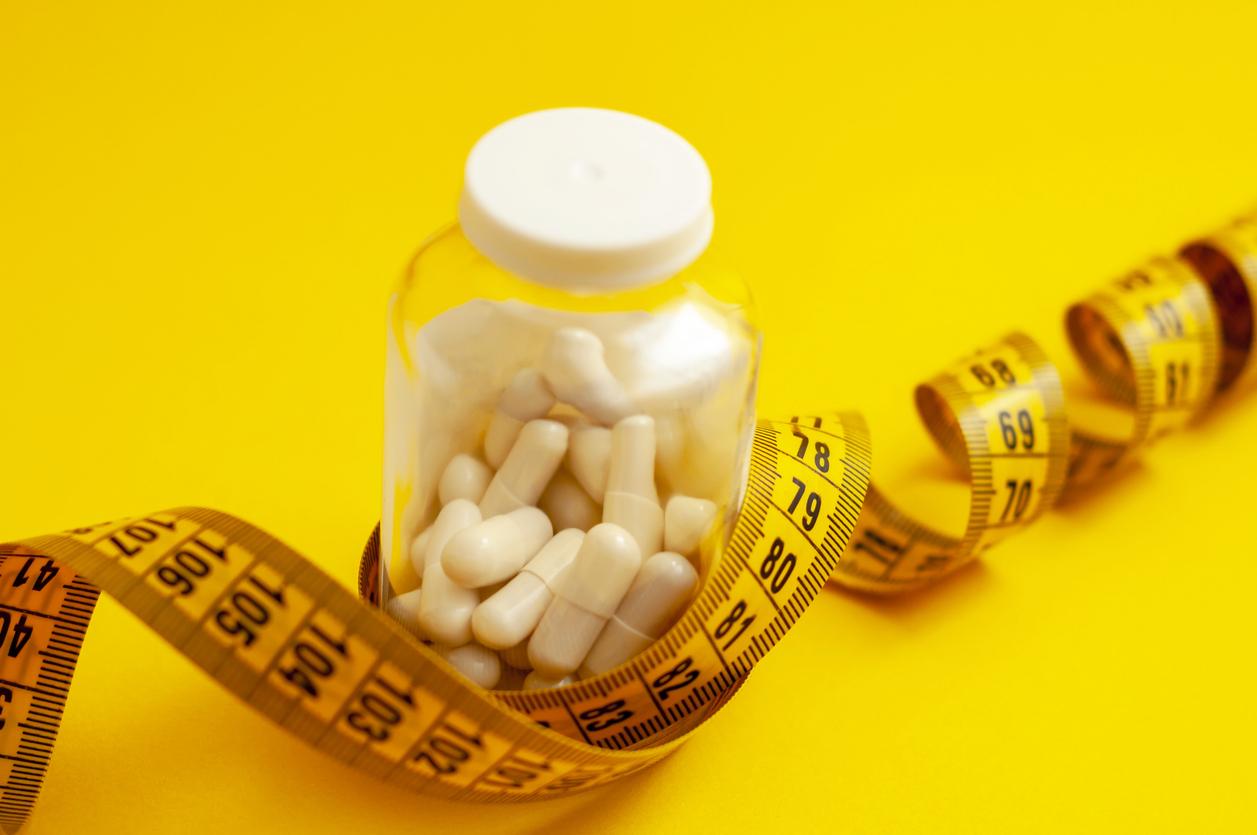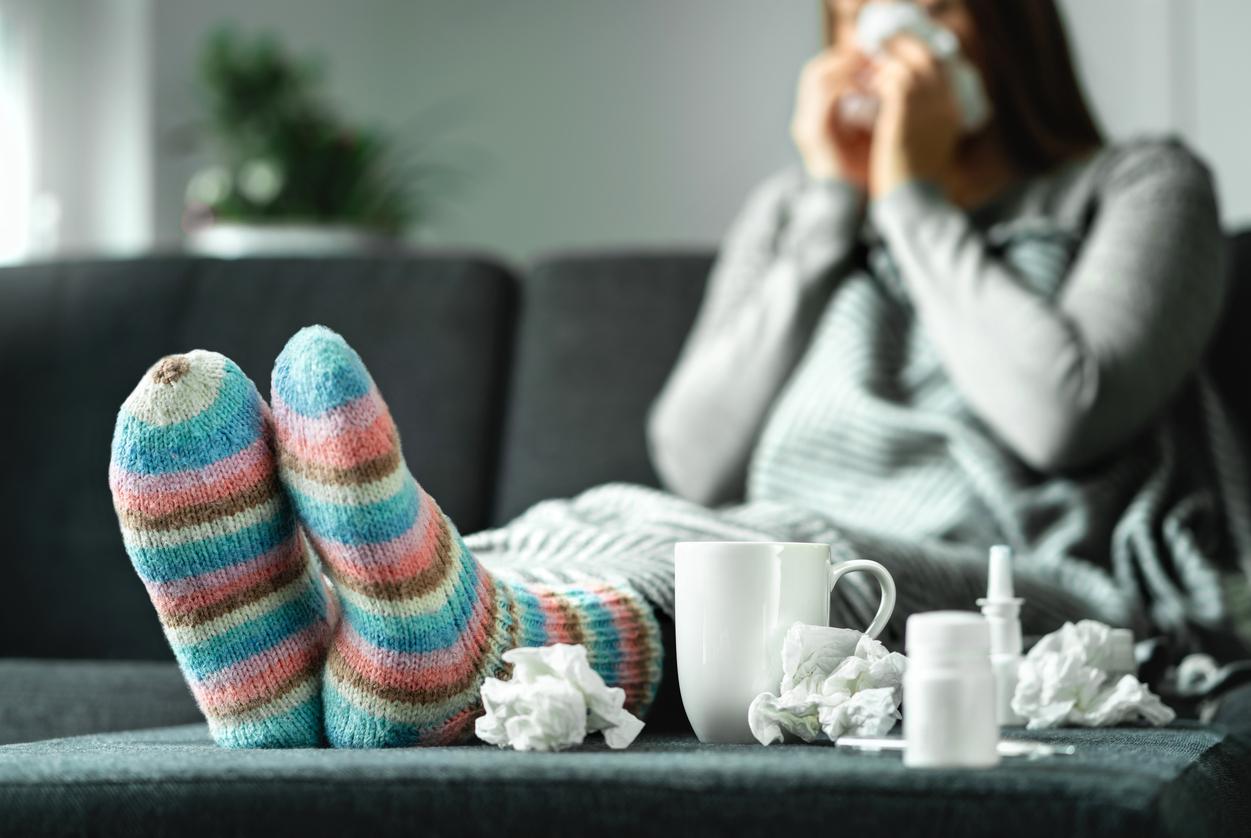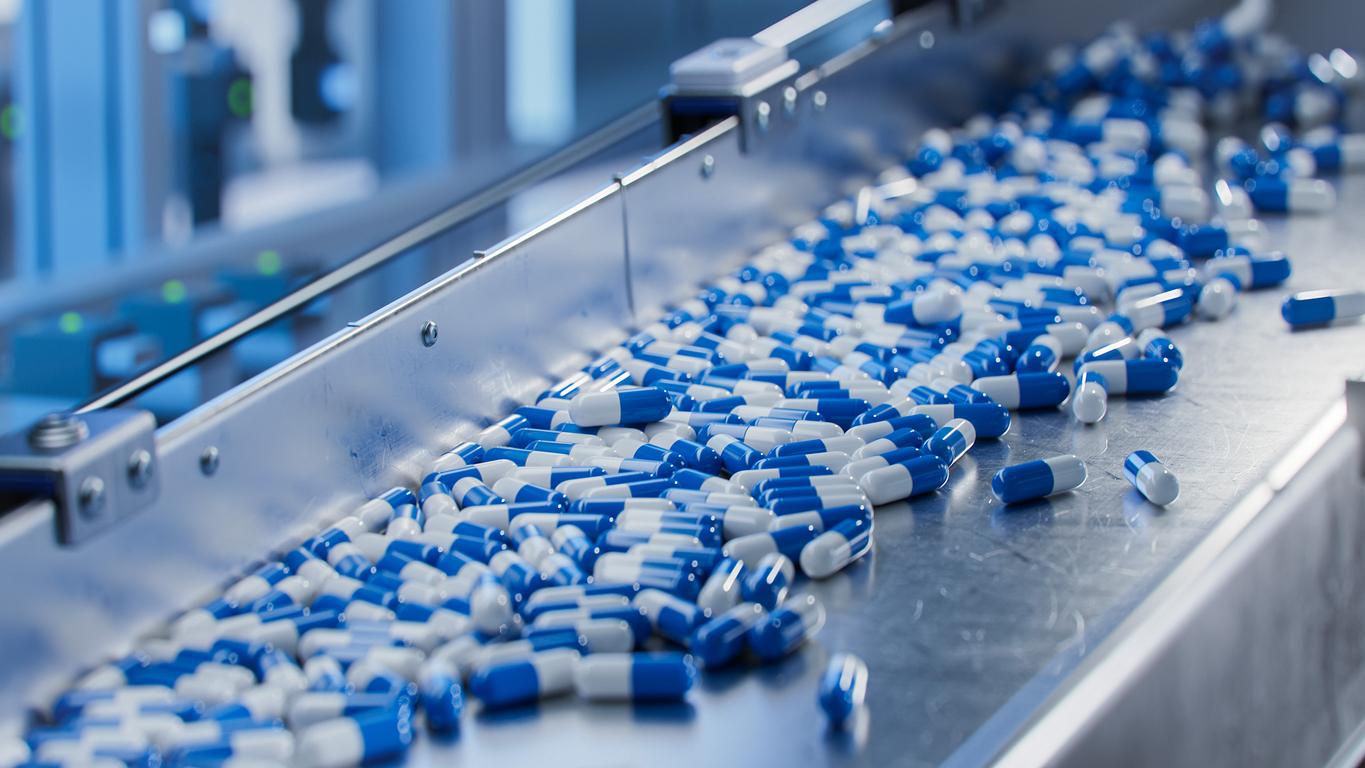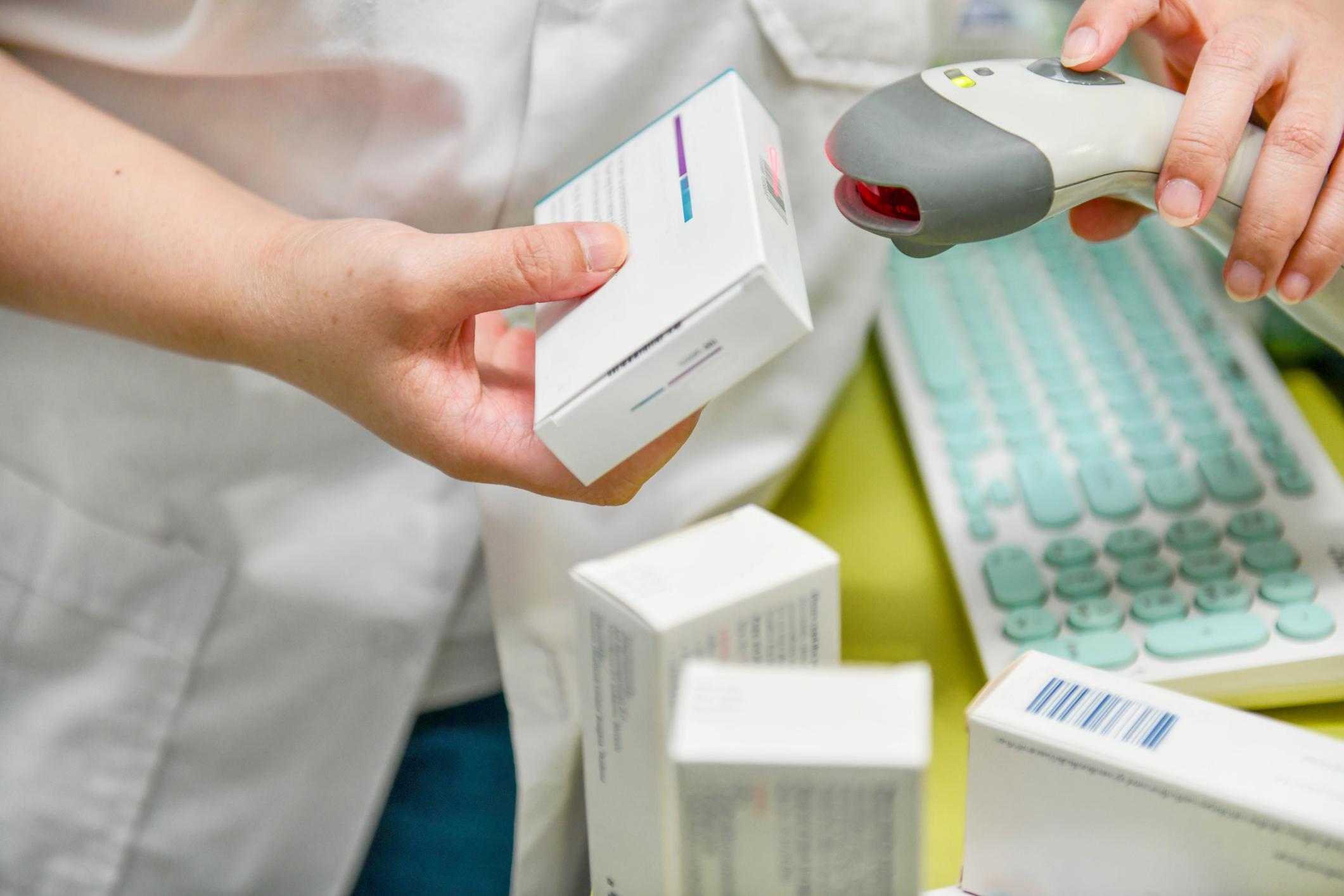Shiatsu: the treatment massage
Originally from Japan, but with Chinese medicine as its source, influenced by osteopathy and chiropractic, massage shiatsu exists as we know it today since the 1930s. Shiatsu means “pressure with the fingers”.
“Unlike acupuncture, which strategically targets certain key points, shiatsu works on all the meridians with the aim of stretching them as much as possible to restore the energy flow,” explains Anne-Cécile Vetault, a shiatsu practitioner.
This massage acts on all the meridians, even if it insists on certain points placed in continuity on them. By combining pressure (with the fingers, the palms of the hands, sometimes the elbows and the feet), joint mobilizations and stretching. All in a personalized way. “I always establish beforehand, thanks to the Chinese pulse, to the aspect of the tongue and the belly, an energy balance which makes it possible to give a real direction to the massage. It will differ according to needs, will orient itself differently and will be more or less soft or supported ”explains Anne-Cécile Vetault. If certain areas of tension or blockages are sensitive, even painful, they will gradually “be released” with an appropriate touch.
Shiatsu can bring well-being or relieve specific disorders. Back and spine problems (neck pain, cruralgia, sciatica …), insomnia, digestive disorders, stress or even fatigue are among the most frequent requests. This type of massage is also used – including in hospitals – in more serious pathologies, in particular as an accompaniment to anti-cancer treatment. Because it helps reduce side effects (nausea for example) and pain and stimulates the immune system. Scientific studies have also validated the benefits of acupressure in reducing anxiety, stress and heart rate …
More info: To find a qualified practitioner (nearly 500 in France): French Federation of Traditional Shiatsu (FFST): www.ffst.fr
Acupuncture and digitopuncture: the art of rebalancing ourselves
Performed by a trained therapist, acupuncture acts directly on key points located along the meridians. These sensitive points are stimulated using small and very fine needles (obviously sterile), in order to remove “energy bottlenecks”, to rebalance yin and yang, to strengthen certain organs or to calm others. And so to relieve the associated ailments, whether physical or emotional (the liver, for example, is very sensitive to anger and the kidney to fear).
Acupuncture is ideal for chronic ailments (stress, sleep, digestive disorders). She has seen its effects validated on irritable bowel syndrome, migraine, depression, loss of libido. It is also effective in cases of benign prostatic hyperplasia or chronic pain, including those of osteoarthritis or associated with cancer chemotherapy.
Digitopuncture, no longer performed with needles but with the fingertips (acupressure), is an integral part of shiatsu. Very similar to acupuncture, this technique does not require such great precision in gestures and allows you to relieve yourself on your own.
More info: Association Française d’Acupuncture: www.acupuncture-france.com
Reflexology: treating the whole body … via the extremities
In oriental medicine, our feet, hands and ears would be like a miniaturized representation of the miniaturized human body. In plantar reflexology, each reflex zone of the arch, instep and toes corresponds to an area of the body, an organ, a gland or a physiological function. If one of them no longer works correctly, the energy is blocked and this impacts the point of the corresponding foot.
The manipulation of these reflex zones not only makes it possible to detect bodily dysfunctions but also to treat them by rebalancing the circulating energies and by stimulating the nerve endings located under these reflex zones to revive the organ. If the Chinese have practiced reflexology for several centuries, it is paradoxically to an American physiotherapist, Eunice Ingham, that we owe a very precise mapping of the reflex zones of the feet. She developed it in the 1930s, after several years of research.
The pressures make it possible to drive out the stress, to activate the blood circulation (to re-oxygenate the organs) and lymphatic (to reduce edemas and cellulite). They stimulate the elimination functions of the body and regulate the production of hormones by the glands. Reflexology also helps normalize sleep and painful, heavy periods. It relieves digestive disorders (constipation), back pain and even migraines.
More info: www.reflexologues.fr
>> To read also:
Well-being: follow the rhythm of the seasons with Chinese medicine
Chinese medicine: regaining your energy, it also goes through the liver
Against stress, 5 proven massages










